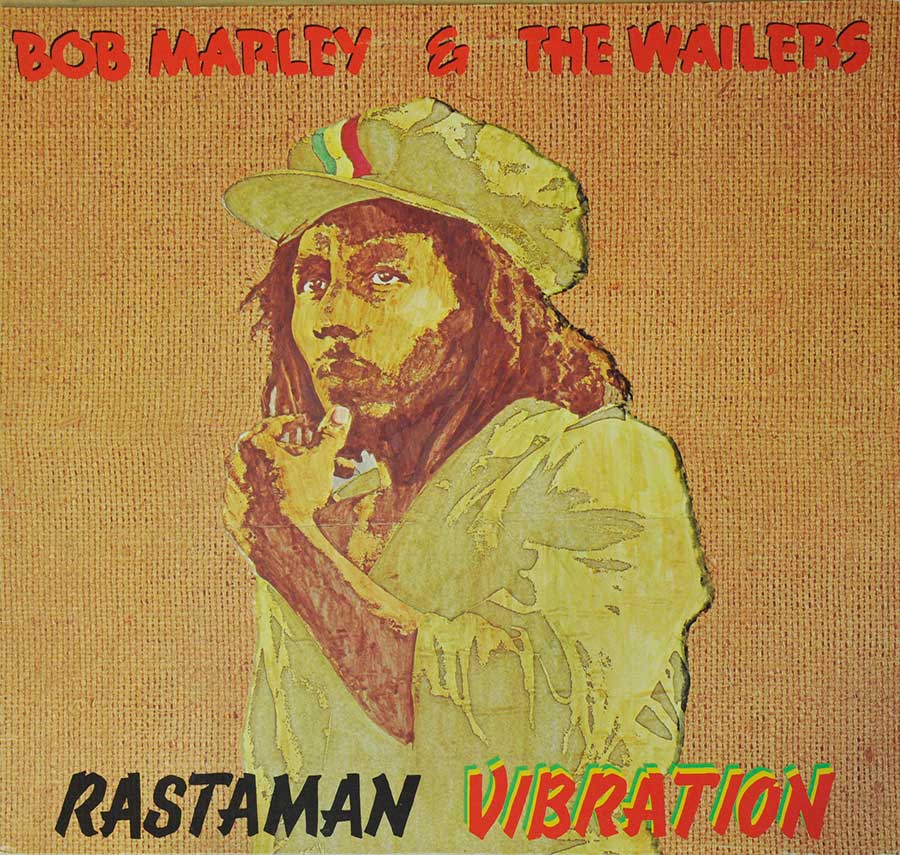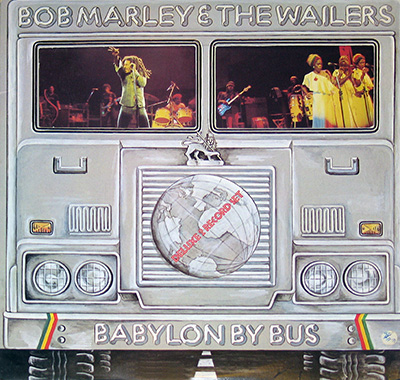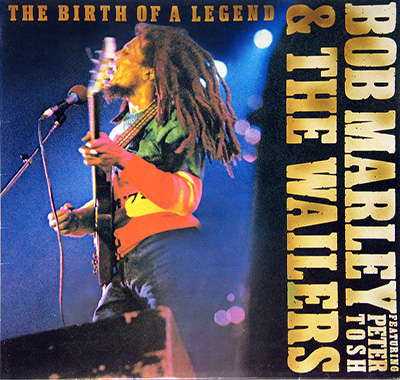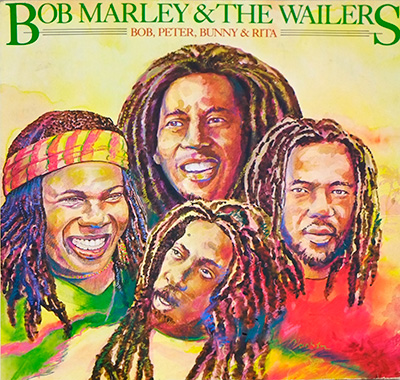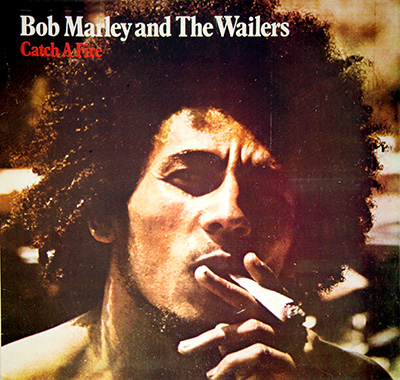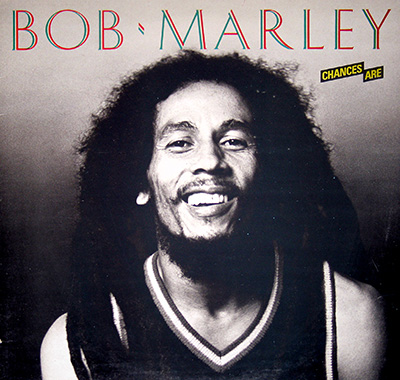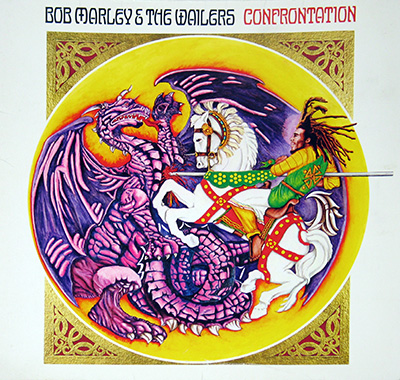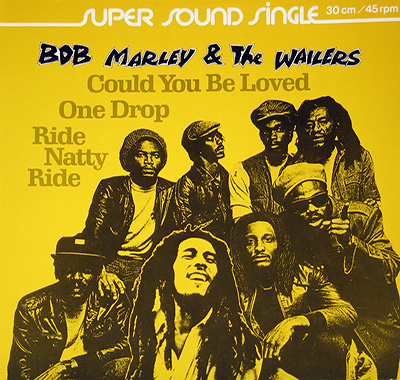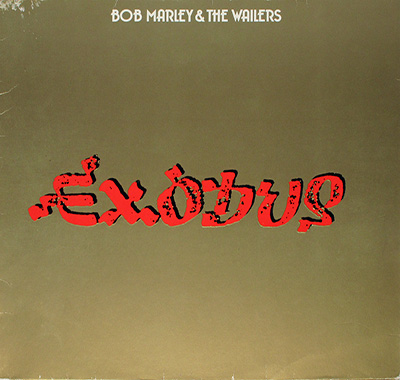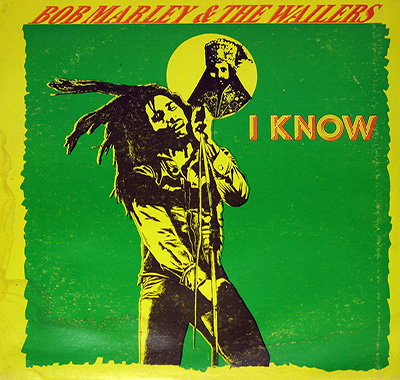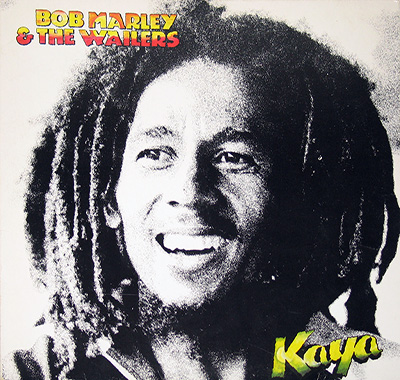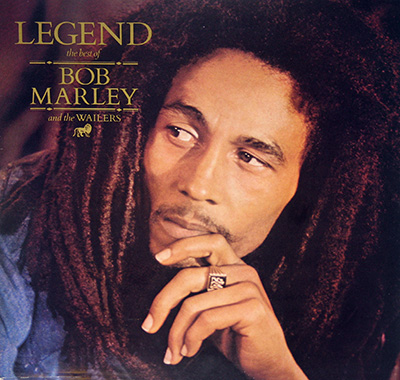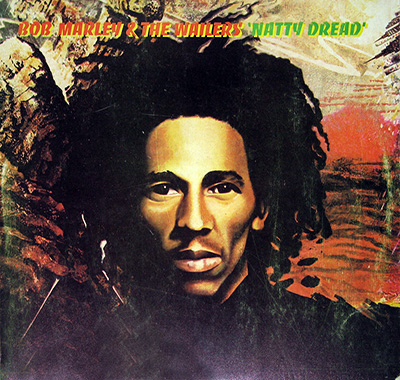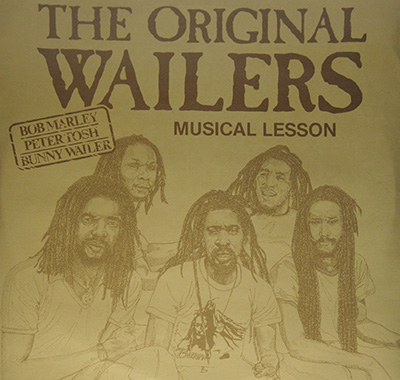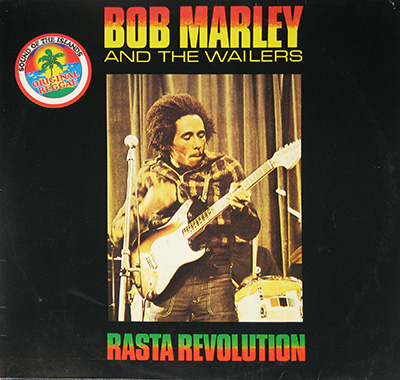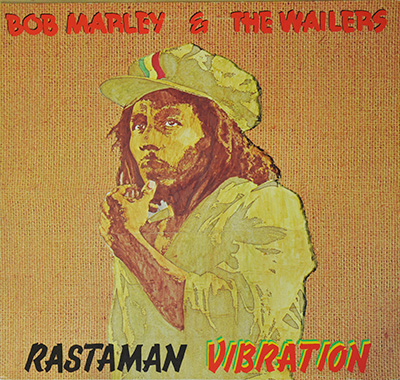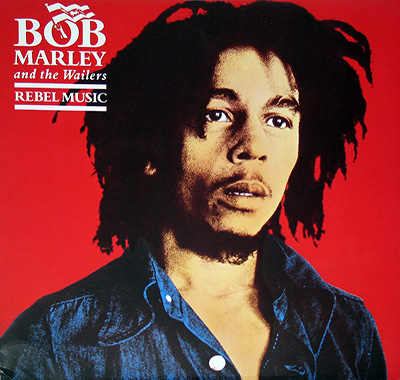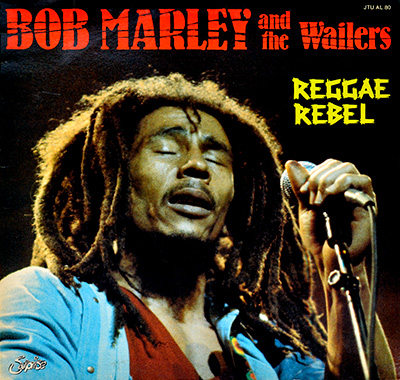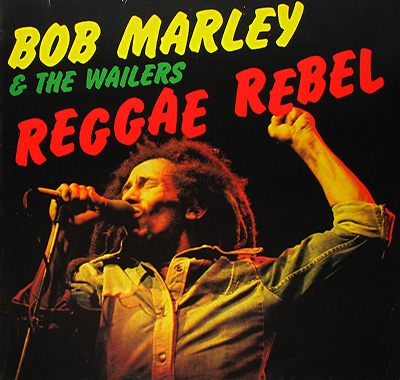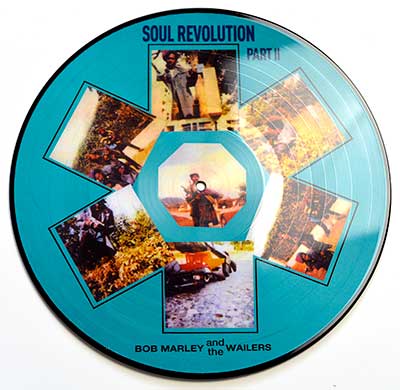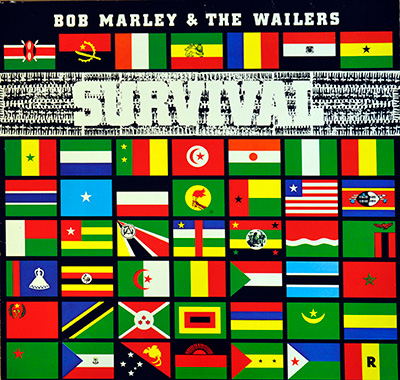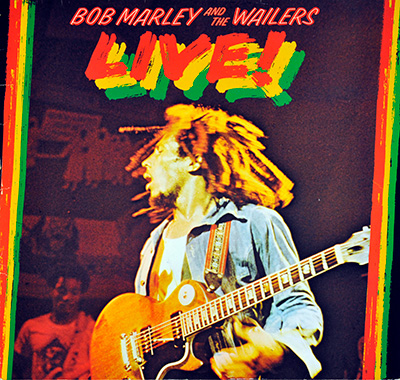The Vincent Ford Ruse: Bob Marley's Brilliant Act of Musical Defiance
That catalog number—Island Records 27 236 XOT—doesn't just point to a great album; it flags one of the most brilliant acts of contractual sabotage in music history. It’s a move that was, by turns, a defiant business decision and a profoundly generous gesture.
Here is the meticulous breakdown of the V. Ford situation:
1. How are these songs listed in the BMI Database?
For years, the official records, including those held by performing rights organizations like the U.S.-based BMI (Broadcast Music, Inc.), would have reflected the credit as printed on your Island LP: Vincent Ford as the songwriter, either sole or co-credited (with Rita Marley for "Crazy Baldhead").
The songs on Rastaman Vibration officially credited to V. Ford are:
- "Positive Vibration" (V. Ford)
- "Roots, Rock, Reggae" (V. Ford)
- "Crazy Baldhead" (V. Ford/R. Marley)
- "Who The Cap Fit" (V. Ford)
Note: The most famous V. Ford credit is actually "No Woman, No Cry" from the prior album, Natty Dread, but it operates under the exact same premise.
However, the legal landscape shifted. A 1987 court decision, triggered by a lawsuit from Marley's former manager/publisher Danny Sims, eventually sided with the Marley estate. While the legal specifics are complex, the result was that the Marley estate assumed full control of these disputed songs. While Ford's name might still appear in some databases as an original co-writer, the financial and ownership rights now overwhelmingly flow through the official Bob Marley publishing entities.
2. Is there evidence that Bob Marley wrote these songs, or was it gossip?
This is absolutely not gossip; it’s an open secret backed up by testimony and legal action. The evidence suggests Marley was the true composer, making the printed credit a contractual convenience:
-
Marley’s Admission: The man himself acknowledged his role. Marley historian Roger Steffens noted that in a 1975 Jamaica Broadcasting Corporation interview, Marley admitted he was writing "No Woman, No Cry" while tuning a guitar in his friend Ford's yard.
-
The Lawsuit: The entire legal battle in the 1980s was based on the premise—accepted as "common ground" by legal teams—that Marley had fraudulently attributed the songs to others (Ford, his wife Rita, etc.) to escape his contractual obligations with his previous publisher, Cayman Music.
-
The Context: The songs, both lyrically and melodically, are perfectly consistent with Marley's style and themes—they fit seamlessly into his catalogue. The shift occurred precisely when he moved fully to the Chris Blackwell/Island Records orbit but was still entangled with his old publisher.
3. How can someone get greater financial control when assigning the author rights to someone else?
The irony is thick here, which is precisely why the move was so brilliant and slightly sarcastic. Marley’s problem was not with Island Records; it was with his prior publishing contract with Danny Sims' Cayman Music.
The Constraint
Marley’s pre-existing publishing deal meant that any song he wrote under his own name was automatically assigned to Cayman Music. This meant he lost a large percentage of the songwriting royalties.
The Solution (The "Ruse")
By giving the credit to Vincent "Tata" Ford (a childhood friend who ran a soup kitchen in Trenchtown), the songs were legally created by a new, unaffiliated entity.
The Result
The royalty cheques flowed directly to Vincent Ford, thereby circumventing the Cayman Music contract entirely. The money was safely outside the reach of his old publisher, allowing Marley to achieve two goals:
- Financial Control: The money was kept within Marley's trusted inner circle and family ecosystem, giving him practical control over it.
- Philanthropy: The royalty payments ensured the survival and continuous running of Ford’s soup kitchen—a direct, tangible benefit to the community Marley cared deeply about. A poetic way to use music royalties, if ever there was one.
Summary of the V. Ford Situation
Vincent "Tata" Ford, a dear friend who taught Marley guitar rudiments and ran a soup kitchen in the Trenchtown ghetto, is the face of one of the greatest publishing shuffles in reggae. Marley, eager to keep the royalties from his powerful new songs out of the hands of his former publisher, legally attributed the compositions to Ford (and other family/friends). This was a calculated contractual "ruse"—a witty end-run around old publishing deals. The true author was Bob Marley, as later confirmed in court, but the royalties generated by those Rastaman Vibration grooves directly flowed to Ford. It was an act of profound loyalty and financial savvy wrapped in the beautiful, slightly melancholy packaging of analog rebellion. The music was his, and so was the ultimate destination of its earnings.
